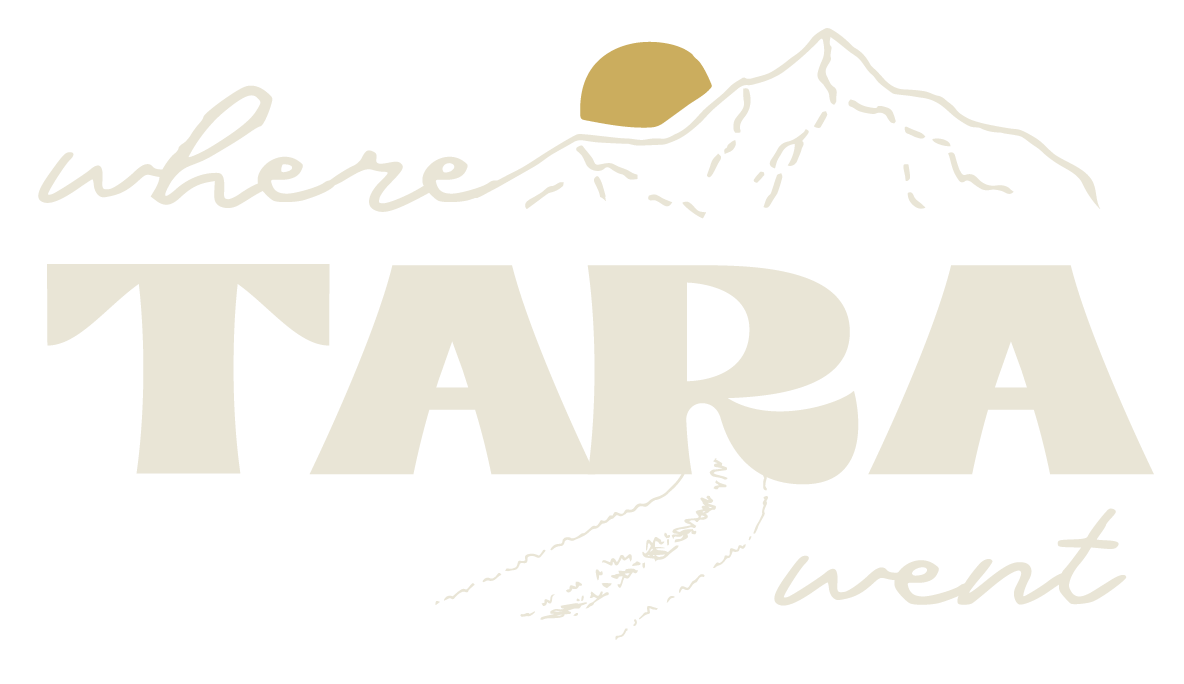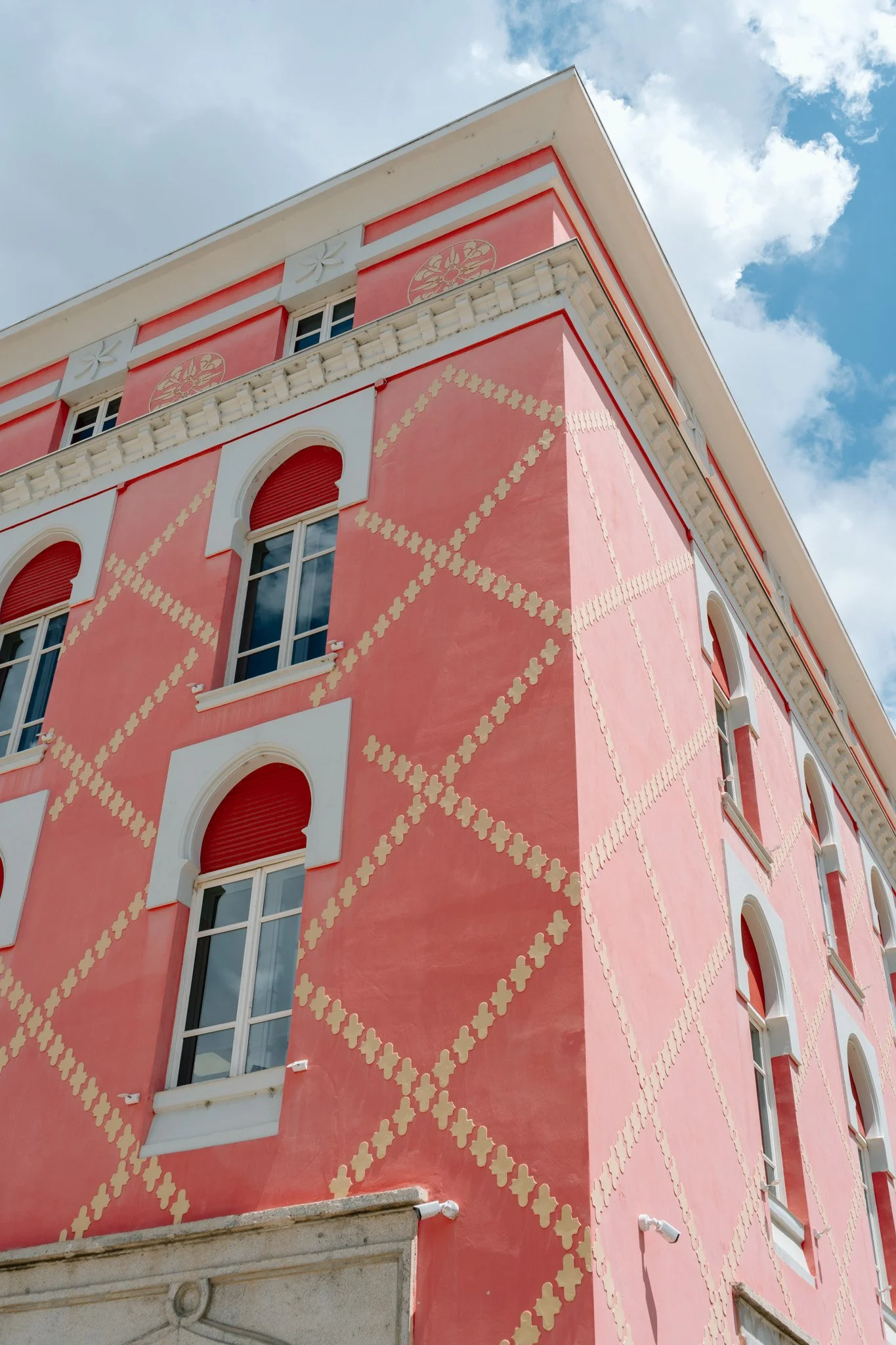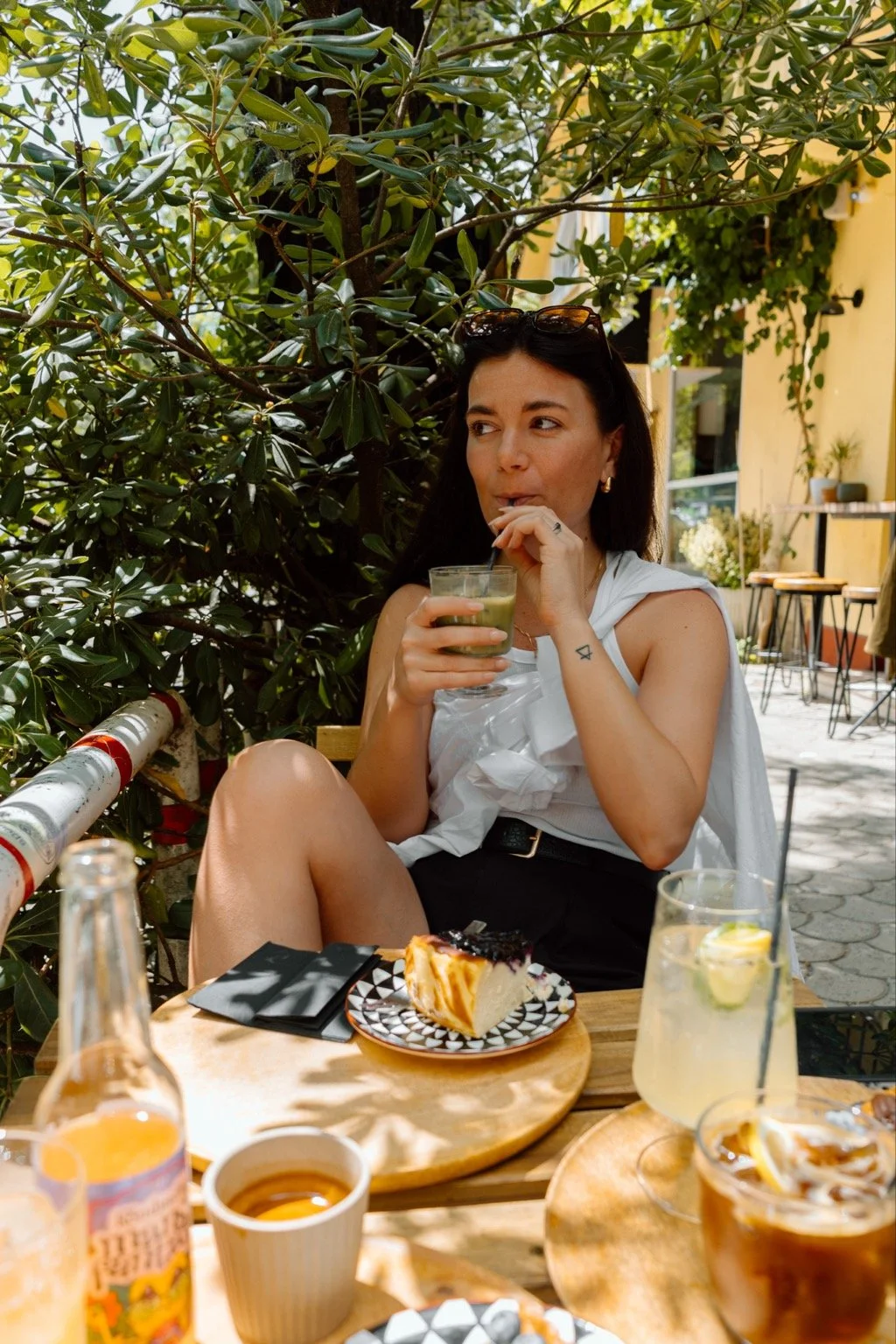Is Albania Worth Visiting? 9 Reasons to Book A Trip
Is Albania worth visiting? Yes, without a question! Here are 9 reasons why you should book a trip immediately!
If you asked me whether Albania was worth visiting, I could answer simply with a very concise “yes”. Instead, I’ve written this mammoth blog post listing the exact reasons why you should add Albania to your travel bucket list. No place is perfect, but it was almost too easy to rattle off reasons why Albania is worth visiting. So, if you’re still oscillating between booking a trip to Albania or not, let this post help sway you.
Is Albania worth visiting ↴
affordability
Travel is a privilege, especially given its associated rising costs. Lucky for you, Albania is remarkably affordable. Money goes much further here than it does in other places in Europe. You enjoy the cuisine and local attractions for less than €50 per day. Even getting to Albania is affordable. From neighboring countries, you can book budget bus fares via Flixbus. I flew to Tirana from London Luton Airport for €17 on WIZZ Air, a budget airline that flies into Albania regularly from major cities throughout Europe.
However, as cost is subjective, I’ve included a simplified cost breakdown from my June 2024 trip.
Sit-down meal, local food | 500 -1000 LEK (€5-10)
Museum entry | 100 - 700 LEK (€1-7)
Albanian coffee | €0.80
Specialty coffee | €3 for standard flat white
Accommodation | €30 average for hostel, €120 for boutique hotel
safety
Without question, the most commonly asked question I received coming back from Albania was whether I felt safe. Traveling as a group of female friends meant that safety was, like anywhere, a concern. Contrary to what many people think, Albania is a very safe travel destination. I’ve traveled to 65 countries, and Albania ranks amongst the top regarding how comfortable I felt.
Travelers might be hesitant to visit Albania based on popular cultural portrayals of the “Albanian mafia”, like in the movie Taken. Albania’s negative reputation for safety stems from the crime and violence that occurred after the fall of its Communist regime. The country has worked hard to put those days of high crime and violence behind it, working towards the goal of joining the European Union. Illegal activity is present, but crime rates are super low.
For LGBTQIA+ travelers, homosexuality has been legal in Albania since 1995, so the country is considered quite accepting of same-sex couples. However, it should be noted that I am a straight, white, CIS-gendered woman who was traveling with friends (not solo), so my experience in Albania is unique to me and reflects my privilege.
hospitality
Alongside feeling safe in Albania, I also felt incredibly welcomed. Albanian hospitality is deeply rooted in its culture. Hospitality is a fundamental part of Albanian culture, in part, because it is a tenant of Kanun. Essentially, without getting into the controversies, the Kanun is a controversial set of customary laws that have heavily influenced the moral values and social structure of Albania.
An example of Kanun law being embedded into Albanian culture is the concept of besa. Besa is a code of honor that dictated how people treated one another, including the idea that you should keep your promises, be a person of your word, and act with integrity. So while there are instances of petty theft and scamming, like anywhere else, tourists are typically extremely safe. This deeply rooted ideal of honesty has shaped Albanian identity in a way that fosters a welcoming, low-crime environment for visitors.
culinary delights
Albanian food is criminally underrated. Influenced by Greek, Turkish, and Italian cuisine, the food in Albania centers around meat (primarily lamb), vegetables, pasta, and fresh salad. I was nervous about eating in Albania as a vegetarian, but I never once had an issue. Every menu, even at the smallest mom-and-pop eateries had multiple veggie options. Even the cooking class we booked in Berat set a menu that allowed me to fully indulge in traditional dishes.
pristine coastline
Albania’s beaches rival those I’ve visited in Greece and Croatia. The clear turquoise waters are a treat to swim in, and the coastline is uncrowded compared to Mediterranean destinations. Sure, Ksamil has become increasingly popular with tourists, but Albania still has quiet coves and swimming bays along its Riveria that are well worth adding to your Albania travel itinerary.
When I visited Vlorë and Dhërmi in June, we had the beaches practically all to ourselves. Nobody was strolling the coast, trying to sell us trinkets. We were left to tan in our sun loungers in complete and utter peace. An Albanian beach holiday is less expensive, less crowded, but equally as beautiful as a sunny Italian getaway, or island hopping in Greece.
fantastic hiking
I’m an active adventurer, always seeking the best hiking trails and mountain paths. Fortunately, Albania is chalked full of them. The Albanian Alps are primed for hikers ready to take on the rugged terrain. I can’t wait to return to Albania for a multi-day hiking adventure in the Albania backcountry.
Some of the Albania’s most popular trails include:
Valbona to Theth Hike
Theth to Blue Eye Lake
Dhërmi to Jale Coastal Walk
Vlorë to Borsh Beach
Mount Tujanit (a day hike from Tirana)
ancient + contemporary history
Between five centuries of Ottoman rule, Italian and German occupation during WWII, and being isolated from the world during Hoxha’s Communist regime, Albania has endured a lot. The country’s history is well-documented in its many museums, giving history enthusiasts plenty of things to do.
rich culture
Alongside its vast history, Albania has an exceedingly rich cultural identity, making it a fascinating immersive travel destination. The country's cultural fabric is the culmination of its blended religious background and complex history. The Albanian language is entirely unique. Linguists claim it is most closely related to Illyrian, an ancient language that died in the 6th century AD. Travelers can enjoy traditional celebrations, like Dita E Veres, or cultural activities, like xhiro.
A great way to gain cultural insights is to take a walking tour with a local guide. Led by an expert, walking tours are a great way to understand the teddy bears on fence posts, the origin of their national liquor (raki), and the George W. Bush connection.
unique city break
Many people flock to Paris and Amsterdam for a 2-3 day city break from London, but Tirana is an alternative destination that offers something unique. The funky capital is accessible, affordable, and filled with things to see and do. Tirana has a burgeoning art and food scene. One of the biggest surprises for me was the number of specialty coffee shops scattered throughout the city. It’s also known for its vibrant nightlife, with dance clubs and cocktail bars concentrated in the buzzing Bllkou neighborhood. Tirana is packed with harrowing (contemporary) history, so there is no shortage of museums and walking tours to fill your weekend.
What to expect in Albania ↴
Now that you know that Albania is worth visiting, it’s time to plan your trip! To help you out, I’ve included some information about what to expect in Albania.
Albanian infrastructure
The Communist regime in Albania only collapsed in 1991. During its dictatorship, it was completely isolated from the rest of the world, leaving a gap in modernity. Albanian roads are technically “B-category classified”. Out of the five thousand kilometers of national roads, less than 200 kilometers connect main towns and cities. The roads are fine to drive on, but there are sections of driving that are a bit precarious, particularly along the central coast and in the northern mountains.
travel logistics
It is easy to travel around Albania if you have the patience to take the bus or are adventurous enough to rent a car. The limited transportation options make it less accessible than other well-connected European destinations. However, if you can rent a car, I can’t imagine a better way to see Albania than by road trip.
tourism-dependent
The average Albanian salary is €724 to €900 per month, and it’s very difficult for Albanians to obtain working visas, despite an alarmingly high rate of youth unemployment. Essentially, many residents in Albania find themselves economically imprisoned within their own country— unable to seek employment elsewhere, but without a job market that’s hiring or well-paying.
What does all of this have to do with travel in Albania? Well, in the most watered-down terms, Albania depends on the influx of tourism it has seen over recent years. Tipping is always appreciated, and leaving reviews for local businesses is more helpful than you probably think.














